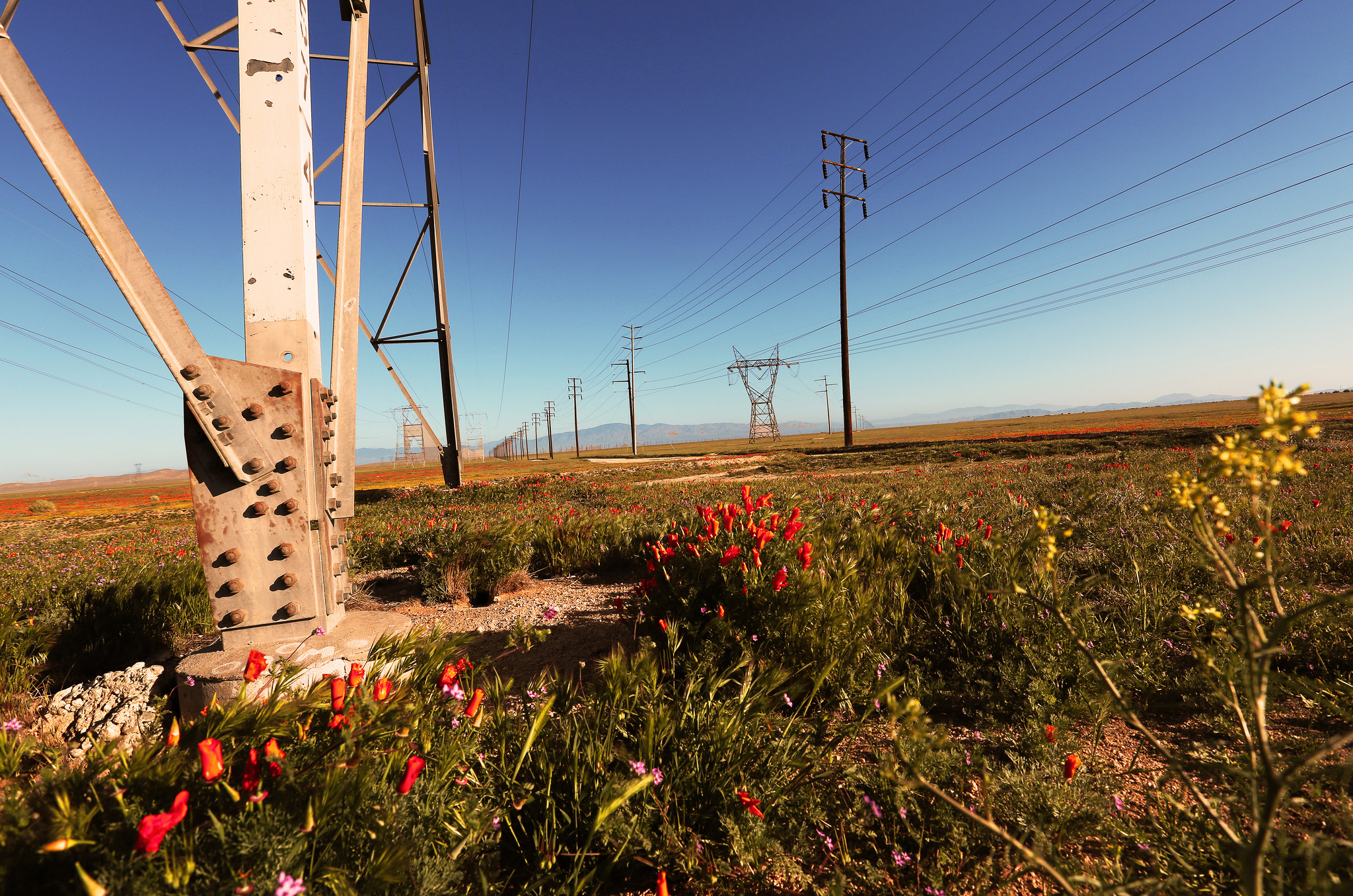How Infrastructure Improvements Could Create New Jobs and a Better Environment
On the campaign trail, Donald Trump says the U.S. needs to take back its jobs from China, Japan and Mexico—although he hasn’t offered a plan on how to do that.
Meanwhile, labor unions and environmental groups are pushing a more specific path for creating American jobs: Fix the nation’s infrastructure. And not just highways. They’re talking about things like the electric grid, water systems and natural gas pipelines.
Leaders from the United Steelworkers, the Sierra Club, the Utility Workers Union and the National Wildlife Federation were all in Cleveland this week for a meeting of the BlueGreen Alliance—a nationwide coalition of labor and environmental groups. The group is lobbying for infrastructure improvements at the local, state and federal levels. And director Kim Glas says the old—often leaking—natural gas pipelines under many cities offer a perfect opportunity to create jobs.
“You have all this leaking happening in the systems, and it’s on a 30-year trajectory to get fixed,” he says. “If you reduce it from 30 years to 10 years, you could employ 300,000 people in this country just fixing leaky pipes.”
And fixing those leaky natural gas pipes would also significantly reduce greenhouse gas emissions.
LISTEN: “Your Environment Update for June 8, 2016”
At the conference, plumbers were also given a “Green Champion” award. Harold Harrington of the Plumbers and Pipefitters Local 370 in Flint, Michigan says during the water crisis there, they helped residents install state-supplied water filters.
“A lot of people couldn’t install them, and a lot of the faucets—they wouldn’t fit,” Harrington says. “So we replaced 650 faucets. And they’re carbon filters, so they do remove lead.”
The BlueGreen Alliance was founded by the United Steelworkers (USW) 10 years ago. But USW International President, Leo Gerard, says they’ve been holding conferences on the environment since the 1960s.
“We understood that whatever went out of the plant, into the atmosphere or in the water was first in the plant with our members,” he says. “We needed to clean up our workplaces, which also meant cleaning up our environment. So we’re not Johnny-come-latelies to environmental issues.”
Reporting by Julie Grant
Why Does Talking About Climate Change Make People Uncomfortable?
Many of us have found that talking about climate change with friends and family can be a challenge. But a new study suggests that some people are afraid to even broach the subject with their peers.
Researchers at Penn State University found that students kept quiet on the subject—often because they thought the people around them didn’t care as much about the topic. But the study, published in the Journal of Environmental Psychology, also found that students underestimated how much others cared about climate change.
Penn State psychology professor Janet Swim, one of the study’s co-authors, says the students also avoided these conversations because they lacked confidence talking about the issue.
“It wasn’t that they would be seen as some aberrant person or that people wouldn’t like them. It was because they didn’t think they knew enough about climate change to talk about it.”
Swim says helping people understand the basic science of human-caused climate change would go a long way in making people more comfortable with the issue. One way to learn more, she says, is to simply speak up and ask more questions.
Reporting by Mark Brush

